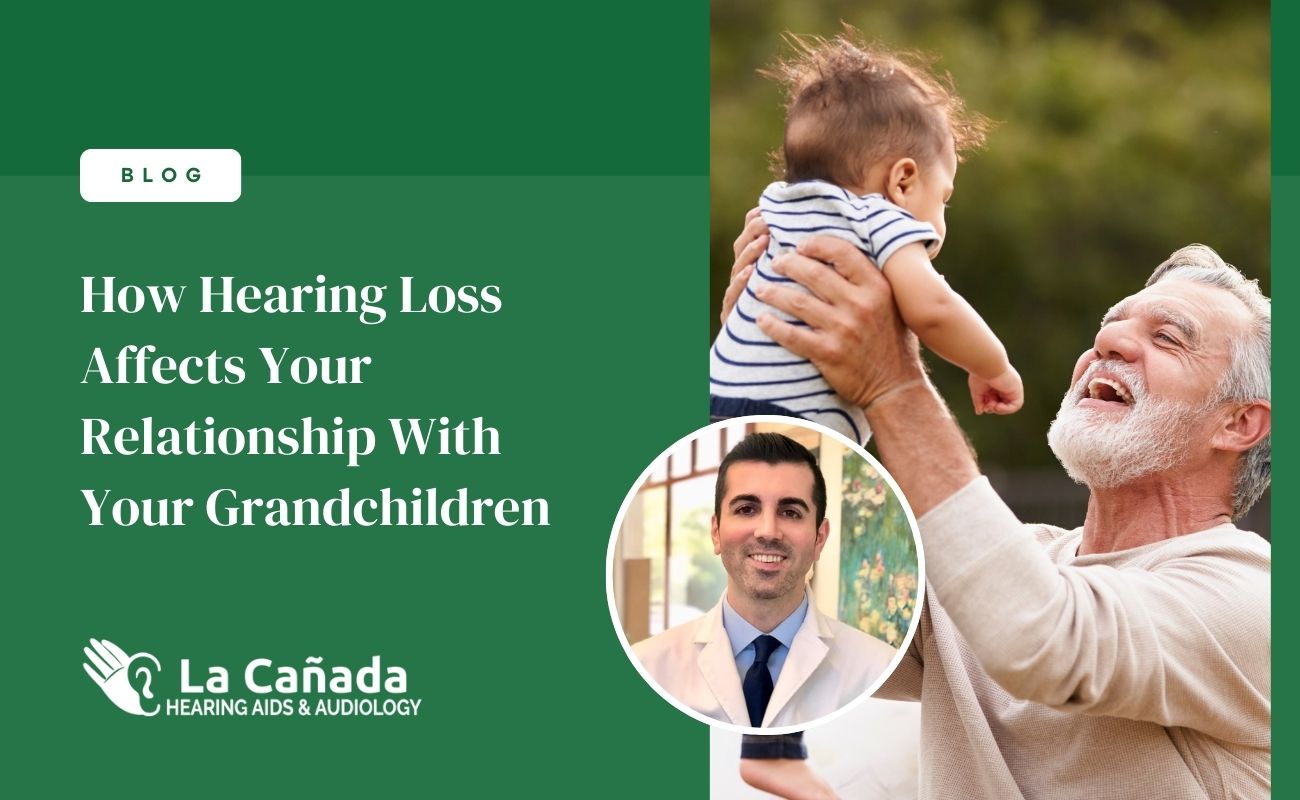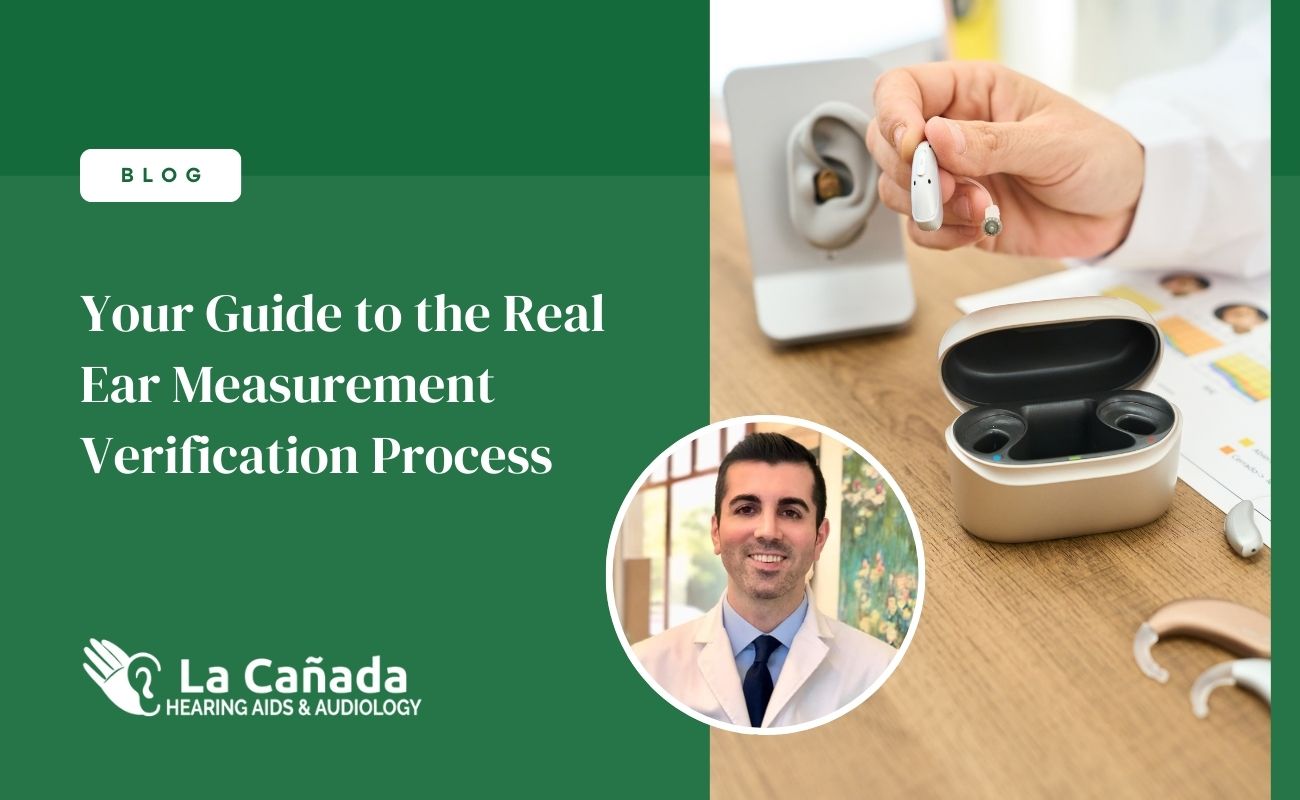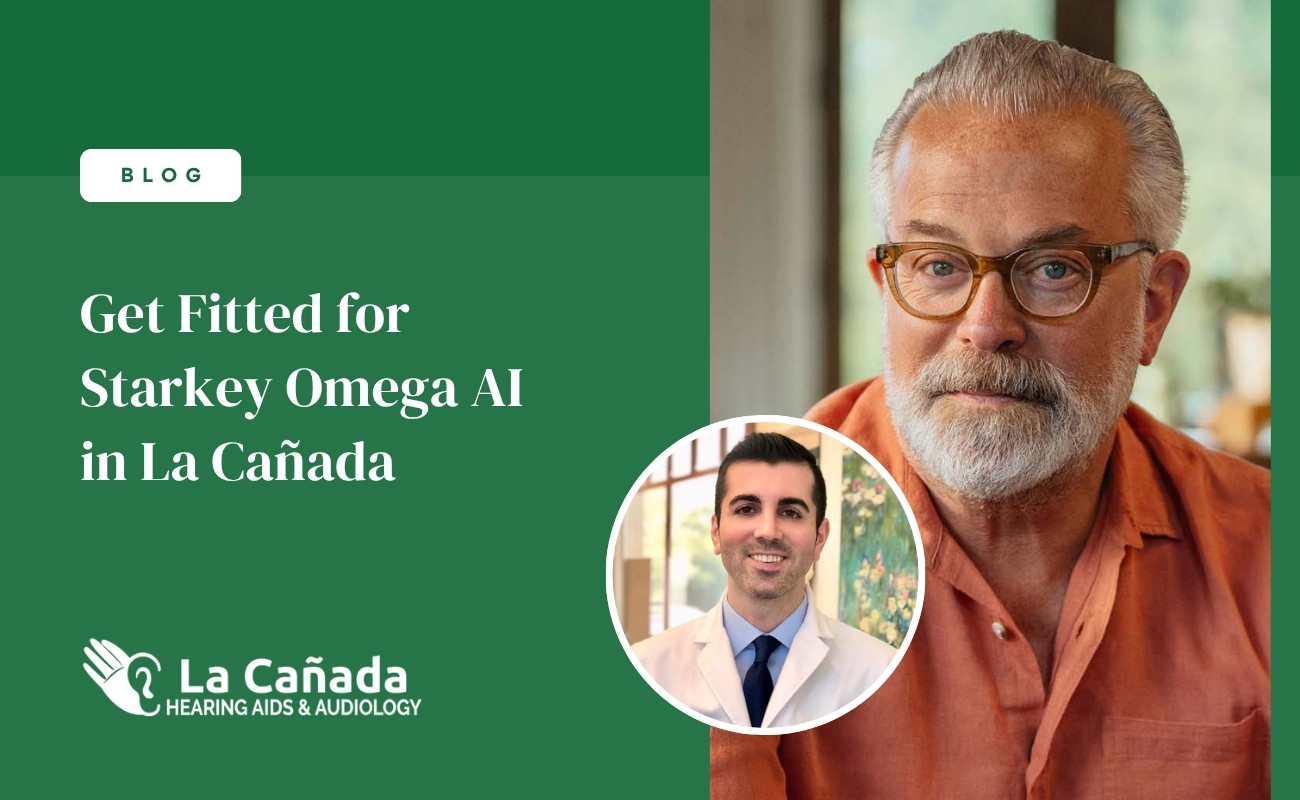Hearing health has an impact on the overall health and wellness of a human being. Hearing impairment is linked to several health problems. For example, balance problems, social isolation, cardiovascular diseases, diabetes are among the main causes of hearing loss. While communicating and connecting with other people, the physical sphere is absolutely essential. Maintaining individual vitality could mean retaining brain and hearing health, retaining balance, emotional health, as well as personal safety.
When you can’t hear conversations, you could experience frustration and a feeling of embarrassment. As a result, a person who doesn’t hear well stops socializing or even taking part in hobbies and other activities that were fun with friends before. The isolation may, in turn, be a cause of depression.
Nevertheless, depression or loneliness is not the only emotional case that people with hearing impairment undergo. Anger, as well as irritability, is a familiar character of someone with the impairment. Furthermore, fatigue is an expectation when one is striving to hear conversations. The brain also is stressed, and tension begins to grow when spending more effort to understand sounds or speech.
Furthermore, research shows hearing loss in adults is twice with diabetic people who are prone when it comes to developing the impairment. Poor circulation of blood, elevated levels of blood sugar, or reduced blood flow in some areas are the cause of deafness or partial hearing loss. Diabetes and blood flow issues affect the inner ear part.
Hearing health is just as important as other aspects of the human body. People should work with audiologists to ensure that they stay safe and healthy. The specialists will diagnose a problem and also guide on how to avoid damaging the ears. Nevertheless, when you experience the impairment, you should not panic. Seek medical attention, and you may restore your hearing ability. The audiologists will recommend the various treatment plans that will fit into your case. For instance, surgery antibiotics and other drugs could be used to cure or manage the situation. Moreover, hearing aids have turned out as the best solution to hearing loss. The electronic gadgets help with amplification of sound.
Nevertheless, before you wear or implant the sound-amplifying device, you must understand why you need to use one or two of them. In case of damage in one ear, you can use a single gadget. However, if the impairment is on both sides, wearing two devices could be the ideal way of amplifying sound.
Learn the Advantages of Using Two Hearing Gadgets
1. Quality sound
It may be of no use to have sound amplifiers that will not help to hear clearly. With one ear working with the device while the other is dormant, you could strain your brain. With the single aid, sounds are unclear, and hence, it spells trouble understanding speech. The situation is more evident in a noisy area. Moreover, according to research, high scores of clear and good quality sound are seen in subjects who use two hearing devices as compared to one.
2. No need of adjusting settings into high levels
Binaural stimulation is achieved with two hearing gadgets. When the stimulus is presented on both ears at the same time, higher volume is perceived. Furthermore, the ability to differentiate frequencies is also an aspect associated with the devices. As a result, you will not need to adjust the intensity to clearly hear.
3. Better understanding of the direction of the sound
Besides, hearing sounds, it’s vital to understand where the sound is coming from. However, people who are using one device to listen could fail to know the direction when the side is not in the same direction as the speaker. Therefore, to balance, it’s necessary to use two gadgets on both sides. Localization becomes easy.
Situations Where One Hearing Aid is Applicable
People with dementia and cognitive delay, a single device could work better even when the person has hearing impairment of both ears. According to research, two gadgets turn out as over stimulating for auditory pathways as well as the brain.
Besides, when one has only one ear damaged, the individual will be fine with a single device. Nonetheless, regular tests to check the good ear should be done. Also, following the advice of audiologists will help to retain the ability to hear in the ear that’s not affected.


.webp)





